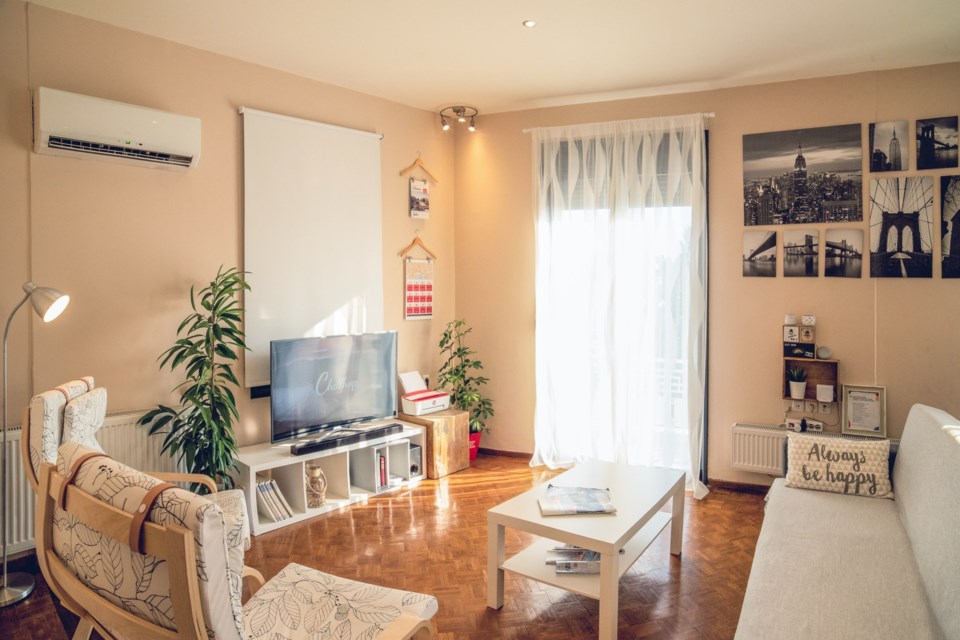As Squamish faces a housing crisis and a pandemic, municipal council has moved a step closer to regulating short-term rentals in town.
On June 16, council voted 6-1 in favour of passing first reading of a bylaw that would govern the use of short-term rentals, such as Airbnb. Coun. Chris Pettingill was the sole dissenting vote.
Council intends to free up more space for local tenants in the long-term rental market, as the town was facing a roughly 0% vacancy rate just before the pandemic hit.
However, some residents have complained that regulating these rentals would keep homeowners from paying off their mortgages in a community where buying a home can be a crippling expense. Others argued it would hobble tourism — a major economic driver.
The bylaw, if it ultimately passes, will enact ‘Option C,’ which is the choice that takes the most restrictive approach regulating short-term rentals.
Under this model, residents can only host a short term rental if the rental is located inside their principal residence — the property where they live and spend most of their time.
They can rent out rooms in that dwelling or rent out the entire unit while they’re away — as long as the host lives in the property at least five months a year.
Accessory units like coach houses and secondary suites are not allowed to be rented out — even if the host uses them as a principal residence.
Other key aspects of the bylaw require operators to obtain a business licence, pay a licence fee, and comply with requirements covering life safety.
The Squamish Chamber of Commerce, among others, was opposed to the measure given its timing with the pandemic.
“With the economic uncertainties that COVID-19 travel restrictions bring to the tourism sector, is this the correct time to be introducing measures that could become an additional barrier to growth for tourism?” wrote Louise Walker, the chamber’s executive director in a letter to council.
“Essentially, there are many questions that have arisen as a result of COVID-19. We do not know the impact of the pandemic on summer tourism or the wider economic impact (e.g. loss of jobs). With a lack of up-to-date data and many unknowns, we do not believe this is the correct time to be making decisions that will have a long term impact on our business community.”
Walker urged council to put a pause on implementing the regulations, something which Coun. John French acknowledged.
“There is no good time to bring something like this in for those who are impacted. And if we don’t do it now, when do we do it?” said French.
“I think that this is the time. And I do acknowledge it’s tough with COVID, but it could be tough even after we get through all of this for those who are impacted by what we’re bringing in.”
French also said that it’s important that residential neighbourhoods don’t turn into commercial zones.
“That’s a big part of what we’re doing here — making sure that our residential areas are residential — and feel like they’re residential,” he said.
On the other hand, Pettingill said the pandemic may have actually put less pressure on the rental market, and the District could perhaps spend more time crafting better regulations.
“I’m cautious of us being reliant on traditional hotels, because you have to recognize they seem to require a fairly large low-wage workforce,” he said.
“I don’t want to see just free and open anywhere-and-everywhere. I think there does need to be some thoughtful regulation. But I don’t think we’ve quite got there yet.”
District staff incorporated feedback into this latest draft of the bylaw after hearing council’s suggestions in March.
Some of the new additions to this version include new parking regulations and a new fee structure.
The new parking regulations require houses, duplexes or cottage cluster units to have one space for every two bedrooms used, with a maximum of three spaces.
However, if the rental is taking place in a triplex, fourplex, townhouse or apartment unit, additional parking spots are not required.
Previously, the proposed parking requirements asked for one additional space for a short-term rental per house or duplex.
The new proposed fees structure swapped out the flat annual $200 business licence fee with scaled rates that accommodate monthly or annual licences.
Hosts renting out rooms in their dwelling would pay $50 for a monthly licence and $300 for an annual one.
Hosts renting out the house would pay $150 a month and $900 a year.
There is also a placeholder rate of $3,000 a year for properties that may receive permission from the District via special conditions such as spot-zoning.
The fee structure is to be considered separately from the rest of the bylaw. Council chose to defer giving it any readings until a future meeting.
As all of council’s deliberations have been online since the pandemic started, elected officials said new software will be implemented that will allow the public to participate when this goes to a public hearing.
Before that, the proposed bylaw must pass second reading.




